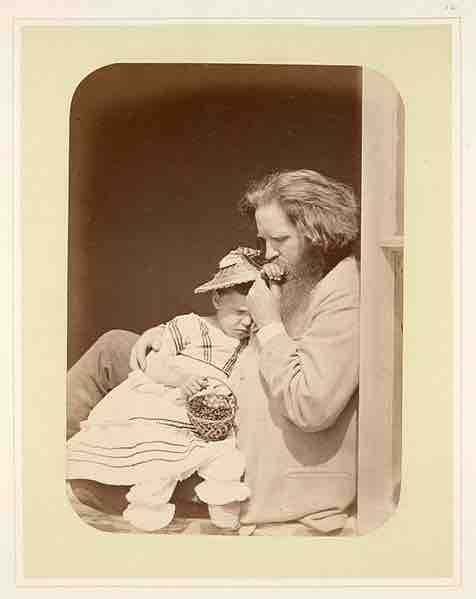Parenting is the process of promoting and supporting the physical, emotional, social, and intellectual development of a child from infancy to adulthood. Parenting refers to the aspects of raising a child, aside from the biological relationship. Parenting is usually done by the biological parents of the child in question, although governments and society take a role as well. In many cases, orphaned or abandoned children receive parental care from non-parent blood relations. Others may be adopted, raised in foster care, or placed in an orphanage.
Parenting Styles
Developmental psychologist Diana Baumrind identified three main parenting styles in early child development: authoritative, authoritarian, and permissive. These parenting styles were later expanded to four, including an uninvolved style. These four styles of parenting involve combinations of acceptance and responsiveness on the one hand, and demand and control on the other. Authoritarian parenting styles can be very rigid and strict. Parents who practice authoritarian style parenting have a strict set of rules and expectations and require rigid obedience. If rules are not followed, punishment is most often used to ensure obedience. There is usually no explanation of punishment except that the child is in trouble and should listen accordingly. Authoritative parenting relies on positive reinforcement and infrequent use of punishment. Parents are more aware of a child's feelings and capabilities and support the development of a child's autonomy within reasonable limits. There is a give-and-take atmosphere involved in parent-child communication, and both control and support are exercised in authoritative style parenting.
Permissive parenting is most popular in middle class families. In these family settings a child's freedom and their autonomy are valued and parents tend to rely mostly on reasoning and explanation. There tends to be little, if any, punishment or rules in this style of parenting and children are said to be free from external constraints.
An uninvolved parenting style is when parents are often emotionally absent and sometimes even physically absent. They have little to no expectation of the child and regularly have no communication. They are not responsive to a child's needs and do not demand anything of them in terms of behavioral expectations. They provide everything the child needs for survival with little to no engagement.

Father and Child
Parenting is the process of promoting and supporting the physical, emotional, social, and intellectual development of a child, from infancy to adulthood.